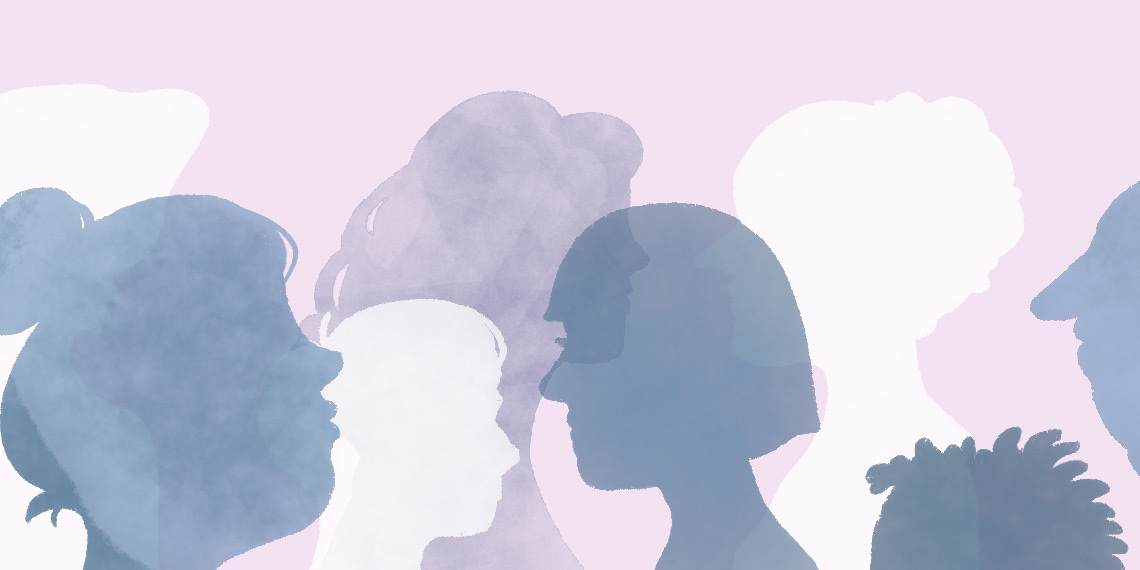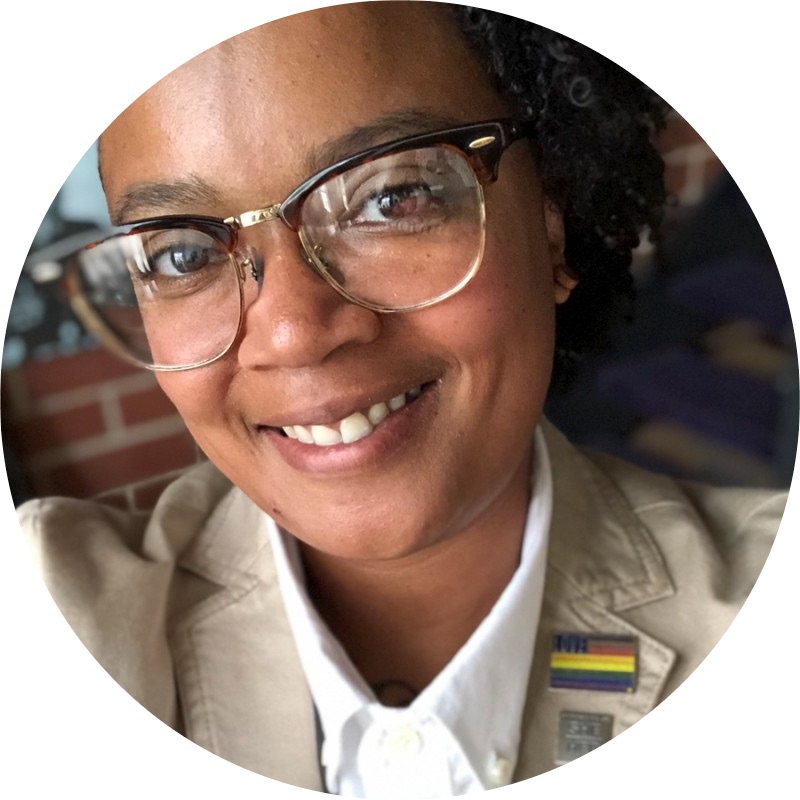HR execs concerned DEI rollbacks will harm staff psychological safety, including those in LGBTQ+ community

Recent backlash over diversity, equity and inclusion programs at companies are driving a range of workers to feel uneasy — including those in the LGBTQ+ community.
Over 70% of LGBTQ+ adults said they would feel less accepted at work if their employer rolled back DEI initiatives, according to a survey including over 2,000 respondents from the Human Rights Campaign.
While the Supreme Court ruling last year driving this shift focused on race-based college admissions, DEI rollbacks stand to impact a variety of groups, including the LGBTQ+ community, people with disabilities, and those who are neurodivergent, to name a few.
HR professionals concerned harm to the psychological safety of their entire workforce are now working to navigate this, tasked with “ensuring that any person within the workplace is really seen as a full person, and that we create environments that are conducive to their success,” said RaShawn Hawkins, senior director of HRC’s workplace equality program.
“It’s always been in that department’s purview to really help with people culture and making sure folks get access to the benefits and best practices that are put in place that are meant for all,” RaShawn Hawkins said.
To make workers feel safe and accepted amid current DEI threats, HR professionals should continue to review all organizational policies and procedures to ensure they are inclusive, she said. “All talent and skill sets don’t look alike. We’re not all cookie cutter, and so it’s important to retain, recruit and maintain talent, to have policies in place that support that,” she said.
For instance, healthcare benefits can be extended to cover a wider range of conditions, like mental health care. Another example is gender-affirming care benefits, which employers like EY have offered to their employees.
Other policies include those continuing to promote the usage of inclusive language and terminology. That might look like including pronouns in email signatures or using non-gendered terms whenever possible, like replacing “chairman” with “chairperson” in professional communications.
Flexibility and the option to work from home is another inclusive benefit for workers with caregiving responsibilities, disabilities or other health conditions.
“Building psychological safety is about more than standing up a DEI pillar in your organization, it is about making sure DEI principles are embedded into the corporate culture, making it a natural part of the decision making processes,” said Jodi Petersen, vp of customer experience at employee development platform Chronus.
DEI efforts from employers really ramped up around 2020, following the murder of Goerge Floyd and the social justice movement afterward. But “in many organizations, these efforts were reactionary and lacked a genuine commitment to the deep, systemic changes needed in company policies and practices,” Petersen said.
“Additionally, while well-intentioned, some initiatives were underfunded, which hindered the possibility of driving sustainable change and – in some cases – inadvertently caused more harm than good,” she said.
It’s also worth noting that the impact of DEI rollbacks at certain organizations isn’t restricted to just staff, but also consumers in general. Some 80% of LGBTQ+ adults in the HRC survey said they would boycott a company that publicly rolled back DEI initiatives by not buying their products or services. And 75% of LGBTQ+ adults said they have less favorable opinions of companies that rolled back DEI programs.
But some optimism remains that companies will be able to navigate this and many will continue with their commitments to DEI in the workplace.
“There are a handful of companies that are really questioning their commitment to DEI holistically into this work, but there are way more companies that understand the necessity and the need of inclusive policies, and there are more on that side than are on the other,” Hawkins said.


